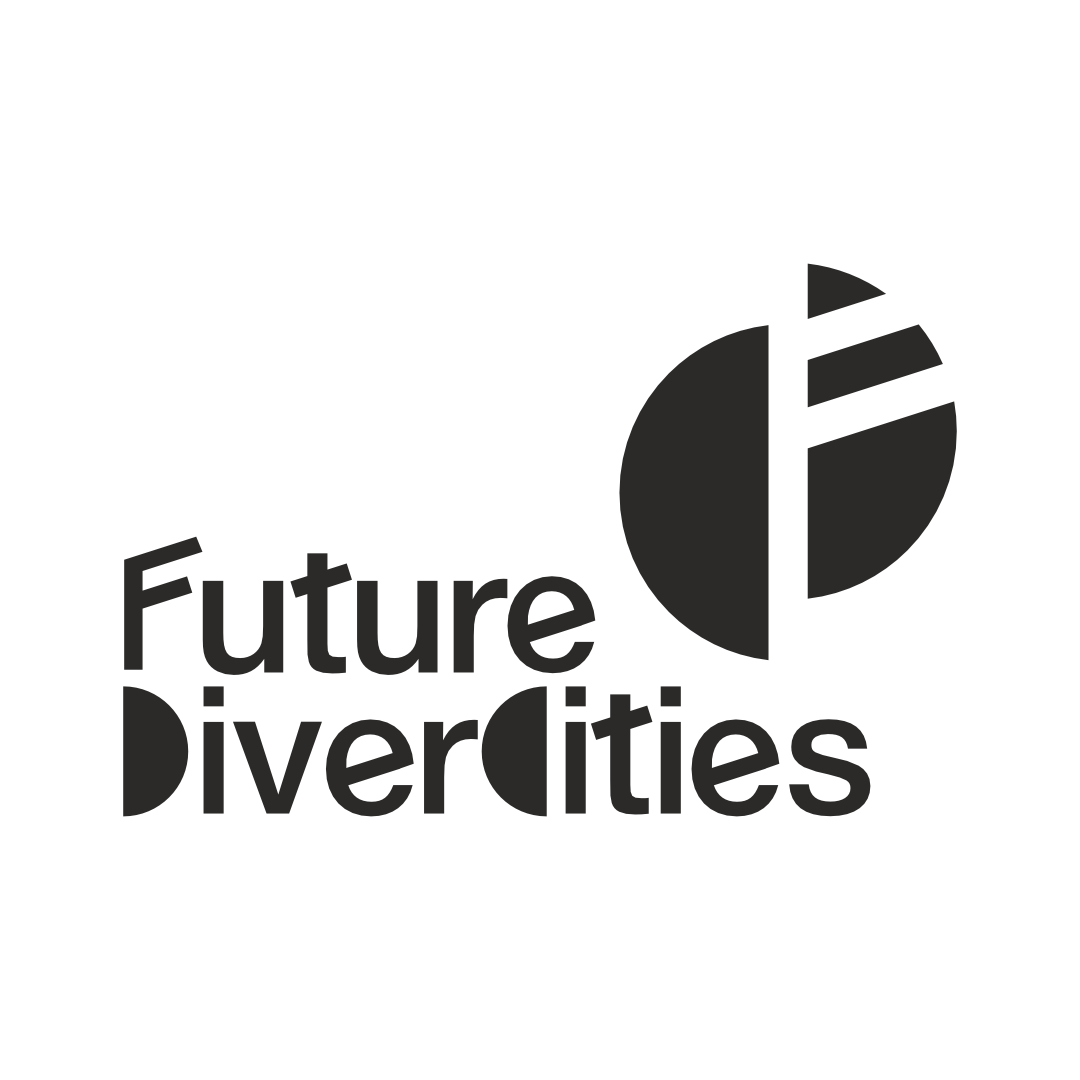Future DiverCities webinars April to May
In April 2023 starts a series of engaging webinars on urban ecology and changemaking programs. The webinar series are proposed by two partners of the Future DiverCities project, Trajna and INNOCAMP PL.
Future DiverCities project offers two series of training and knowledge sharing webinar programs, to build new capacities on innovative approaches regarding temporary artistic uses through urban and territorial regeneration. The relevant knowledge is transferred to support local initiatives, such as the local coalition, within the project, but it’s also an open and free opportunity for a wider community of European practitioners, social innovation and cultural organisations, and active city-users.
Urban Ecology webinars by Trajna
Urban Ecology webinars titled ‘The School of Feral Grounds’ situates cultural practices in the world in which capital-driven economies act as geological forces, terraforming the earth into a place where climate change, social inequality, and species extinction call for urgent collective action. The school acts as a forum for interchange, where reflections, concepts, case studies, and generative exercises invite participants to position urban ecologies within the field of culture by interlinking common notions of the urban and ecology. To engage with the feral grounds of 21st century cities we take a close look at the practices between the development of neoliberal cities and nature’s capacity to reclaim their cracks.
Situated in the experience of running the production laboratory Krater and the Feral Palace urgent pedagogy, the school nurtures a collaborative learning environment for thinking and engaging with untamed urban sites. To support their eco-social regeneration, it works to enhance cultural workers’ capacities in regenerative place-making and place-keeping, artistic curation, programming, and advocacy. It consists of three study modules (SM1–3) developed and run by architect and theoretician Danica Sretenović and eco-social designer Gaja Mežnarić Osole together with inspiring guest speakers working in visual arts, curation, activism, geography, and ecology.
Upon commitment to the study programme, attendees will be asked to actively participate in learning sessions, discussions, and the production of documentation by contributing with feral maps, producing site-specific IDs, and developing regenerative tactics and strategies. The process of collective knowledge production will set the stage for an ‘international feral movement’ dedicated to identifying, valorising, and regenerating feral sites across Europe and beyond.
Changemaking webinars by INNOCAMP PL
The training and mentoring support for changemakers and their stakeholders engaged in city empty spaces regenerative pilots is based on Ashoka’s concept of “every-one’s a changemaker” world. A Changemaker is a person who is sensitive to human/environmental needs critical of any form of injustice and responds to uncertainties by creative action. The most complex challenges (like city inclusive transformations) must be handled through collective changemaking by adopting a “team of teams” approach in which every stakeholder with a collaborative mindset is a potential expert but needs to find the right community to put her/his resources to the best effect on systems and framework changes. Ashoka’s definition of impact implies all the general social transformations provoked by its beneficiaries rather than only the part of the outcomes that can be attributed to the organization’s activities. The more equitable the process is the more transformative change you will achieve according to Ashoka’s.
The program aims at exploring key enabling conditions for collaborative and regenerative changemaking on the basis of proven practices of Ashoka fellows and their organizations in ecology, community development, education and culture. The goal is therefore to equip the participants with the practical tools and mindsights needed to strengthen collaboration processes from personal perspective and to deepen individual collaborative leadership skills.
The learning journey has been designed in a way that can open up new or deepened awareness of the participant as a leader and of the dynamics in her/his project teams or even the entire multistakeholder team engaged in the project pilots. It will also help participants to reconnect with motivations behind regenerative changemaking and to make informed choices about which tools and frameworks will most effectively advance their projects. In between the sessions the participants will be expected to engage in a flipped learning process studying self-paced materials like videos, pdf texts and on-line articles or web-site content. They will make entries in their e-portfolios, share some content and request feedback from peers or/and experts/mentors.
Read more detailed descriptions of each webinar here.
.![]()

![]()
